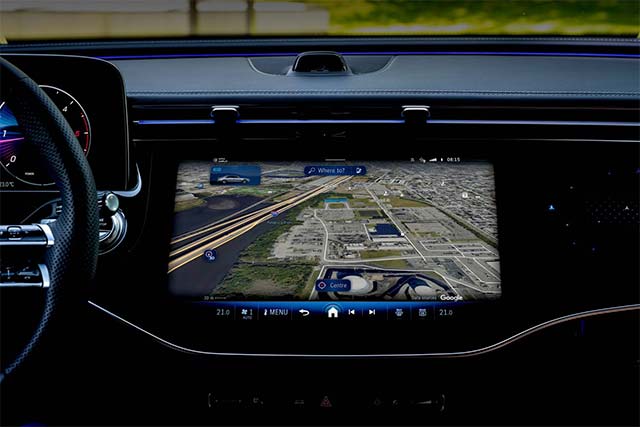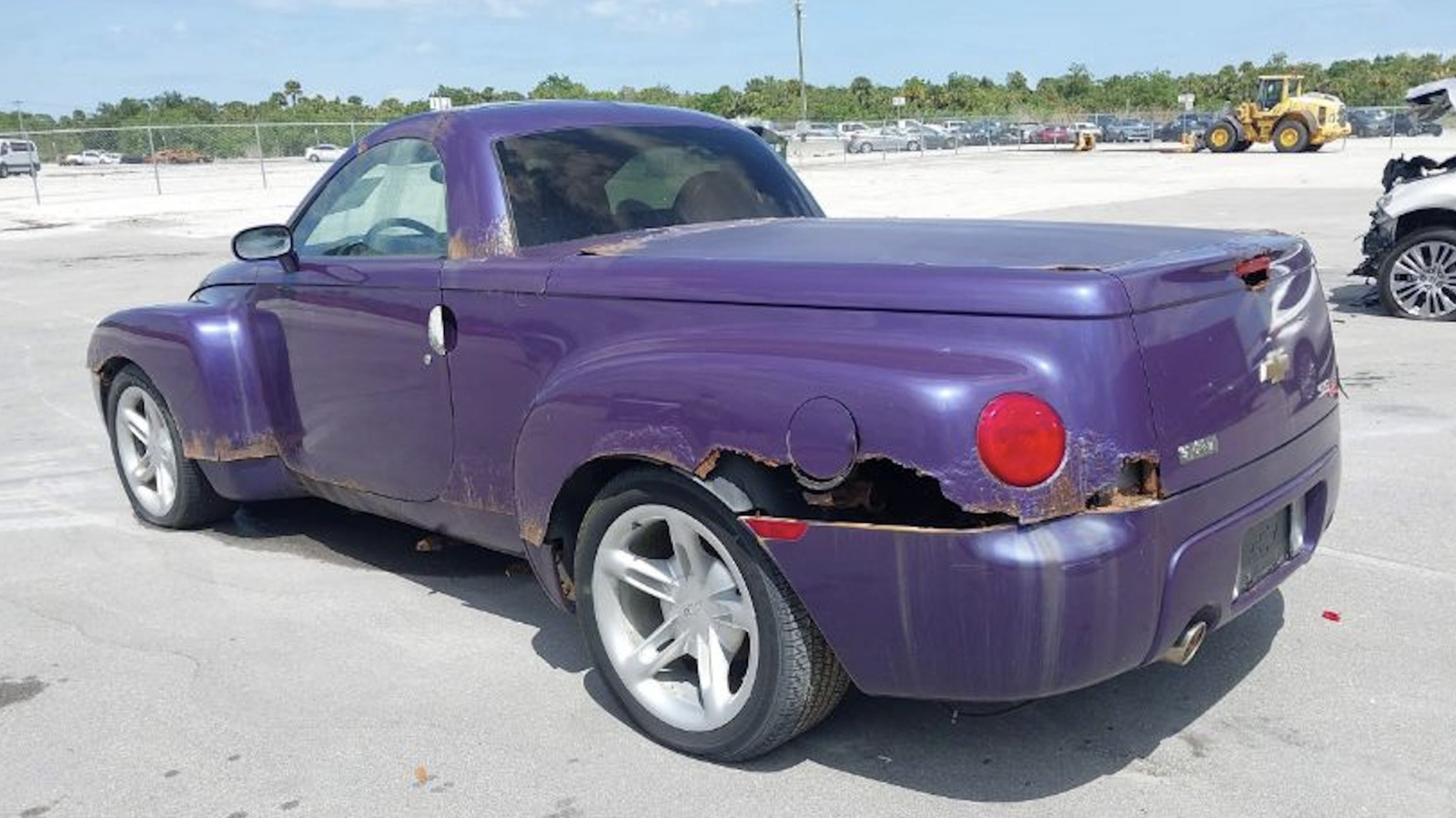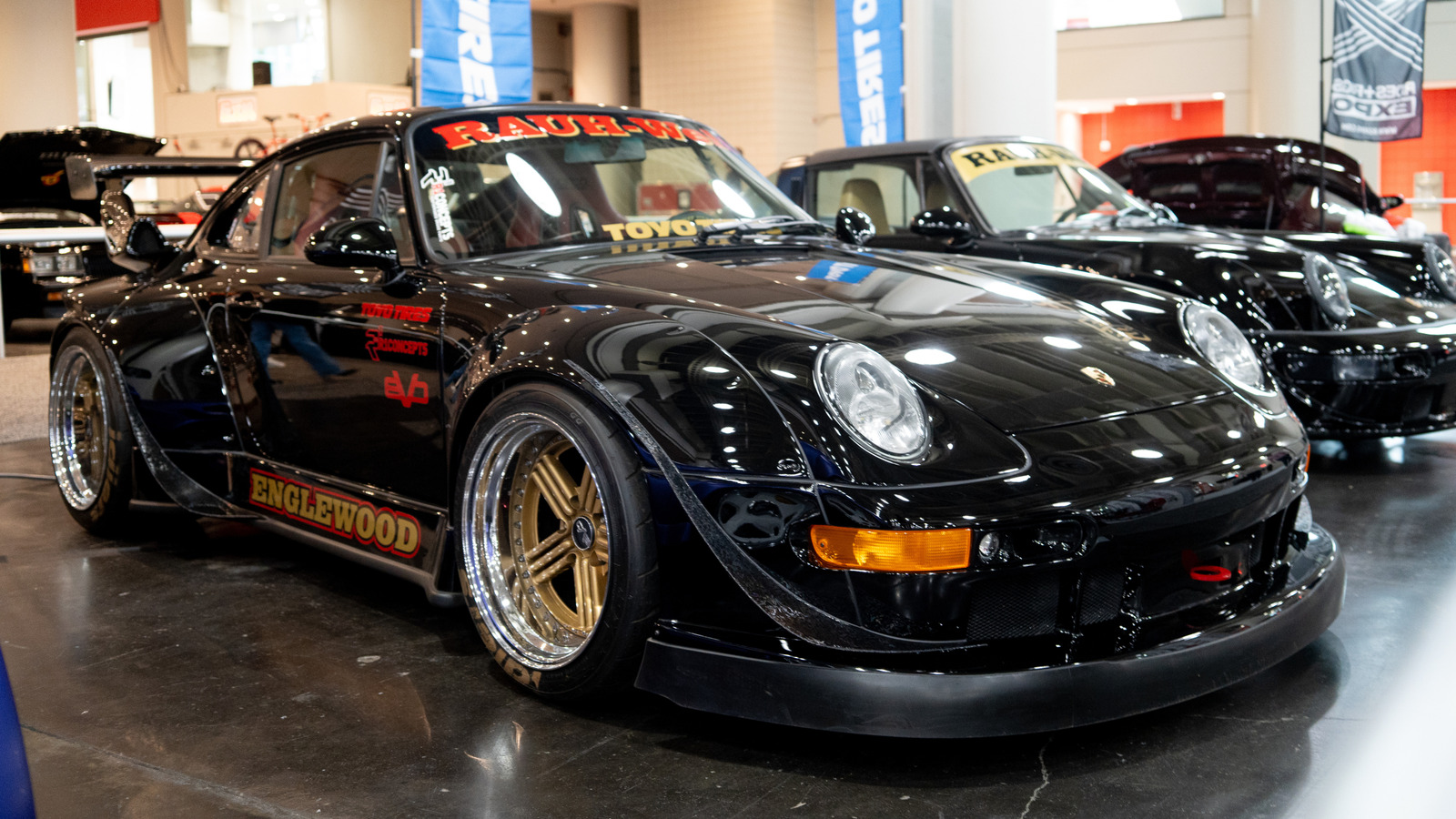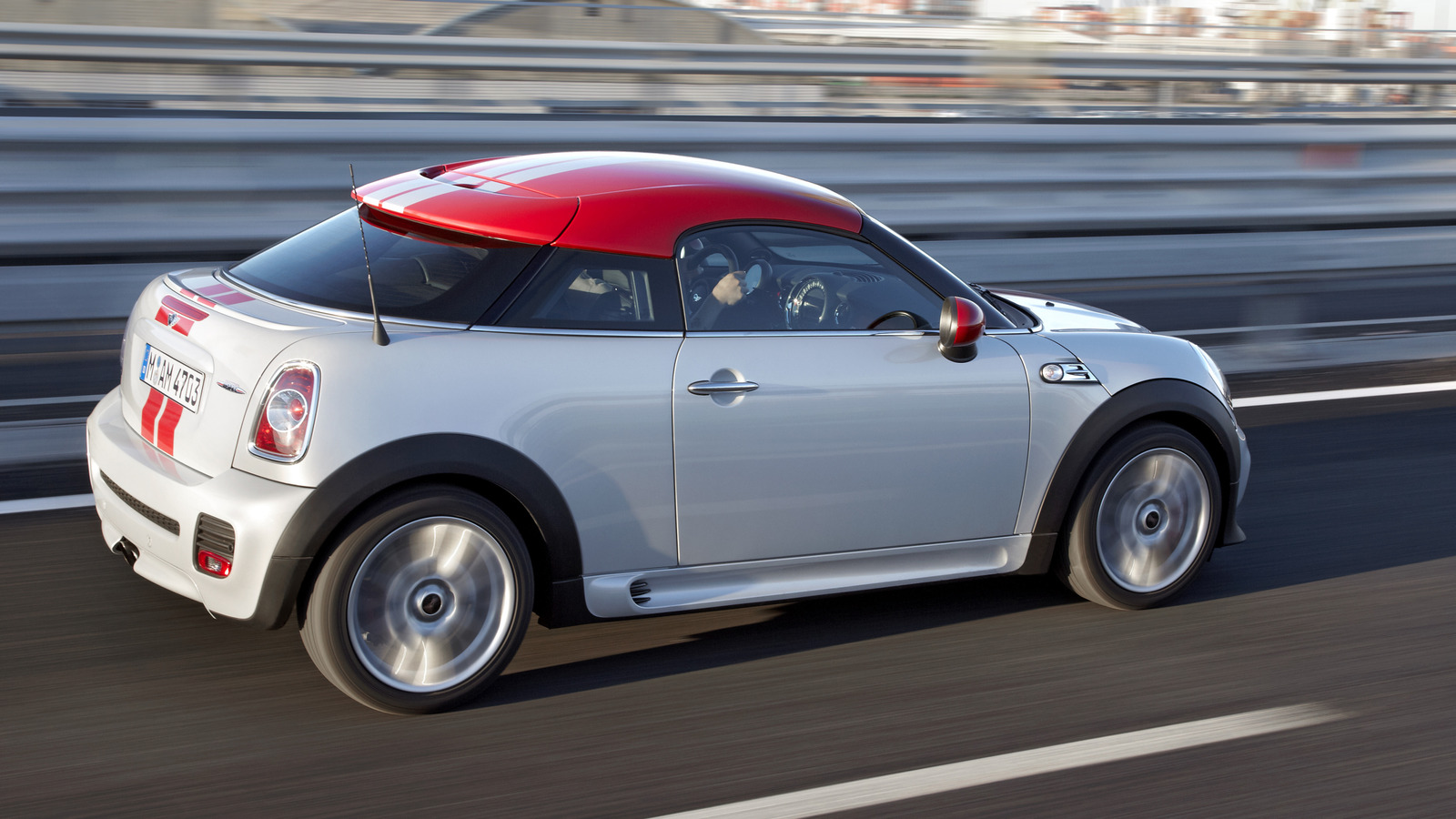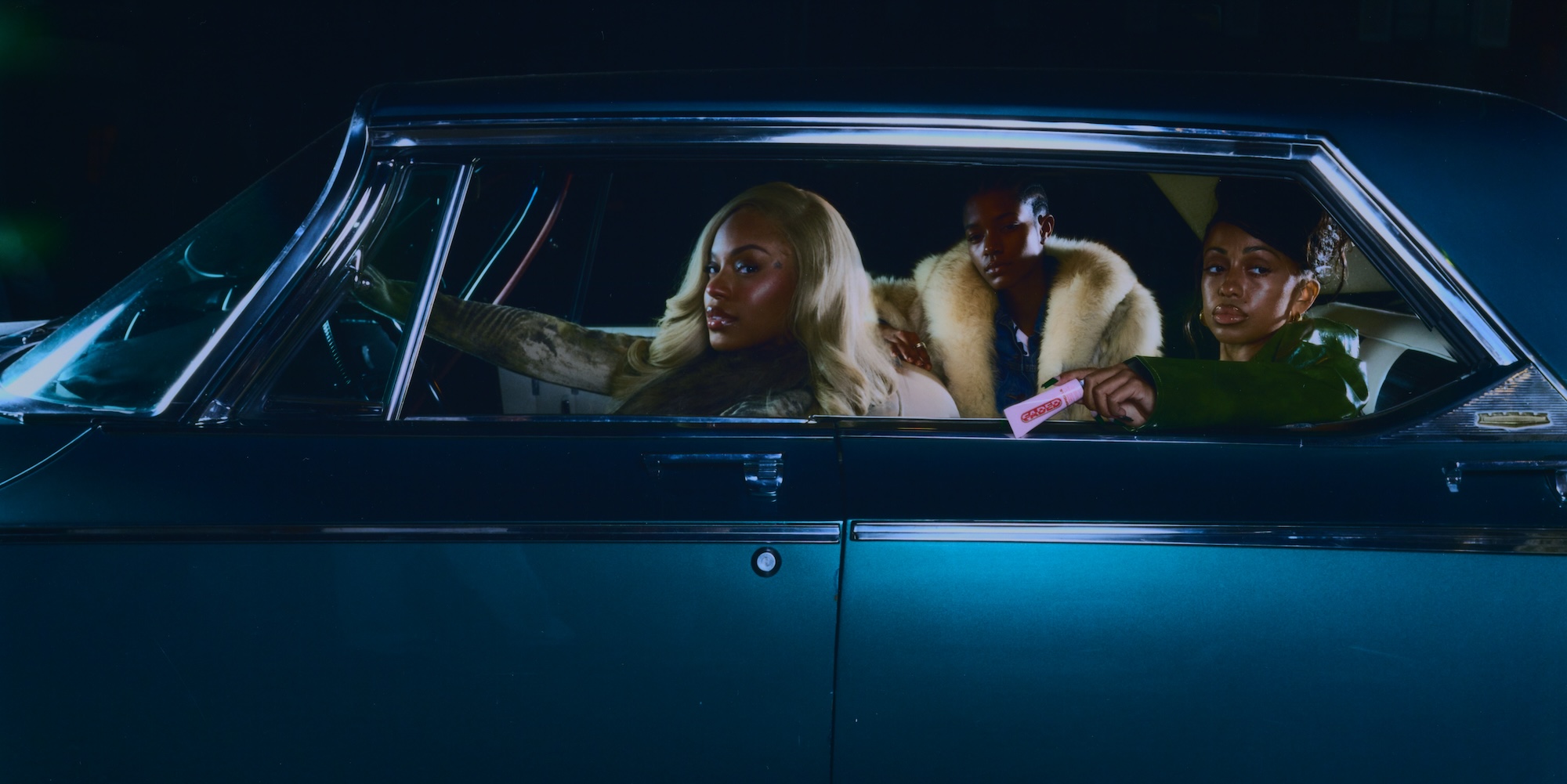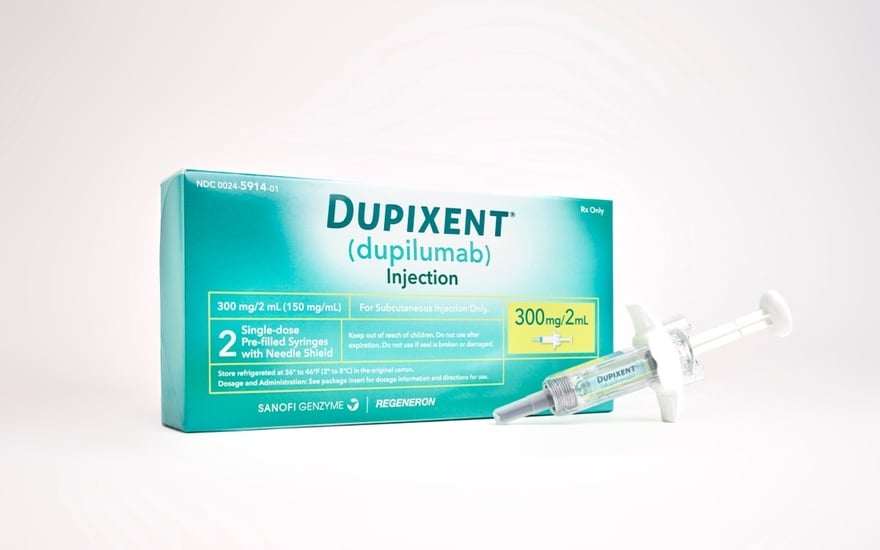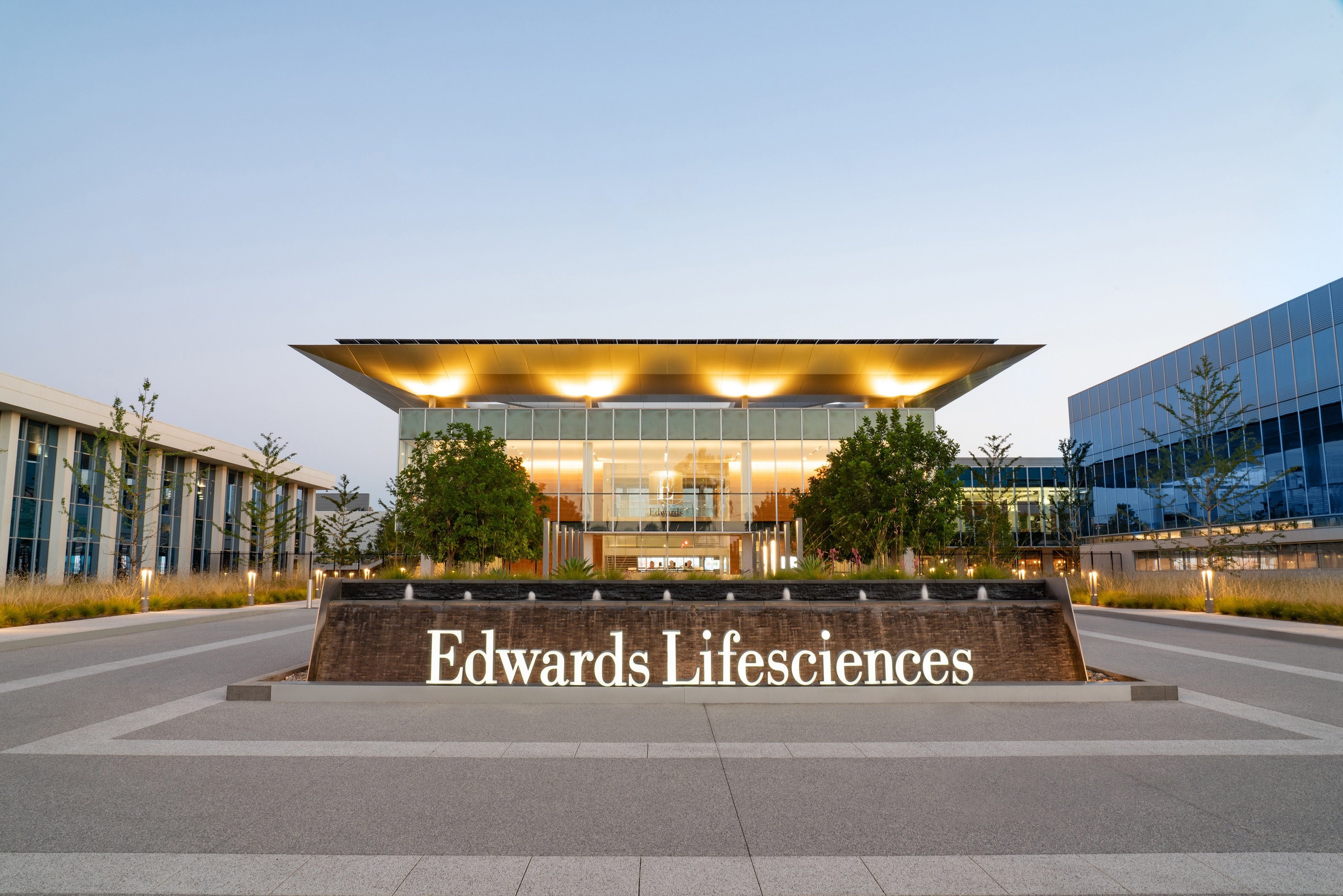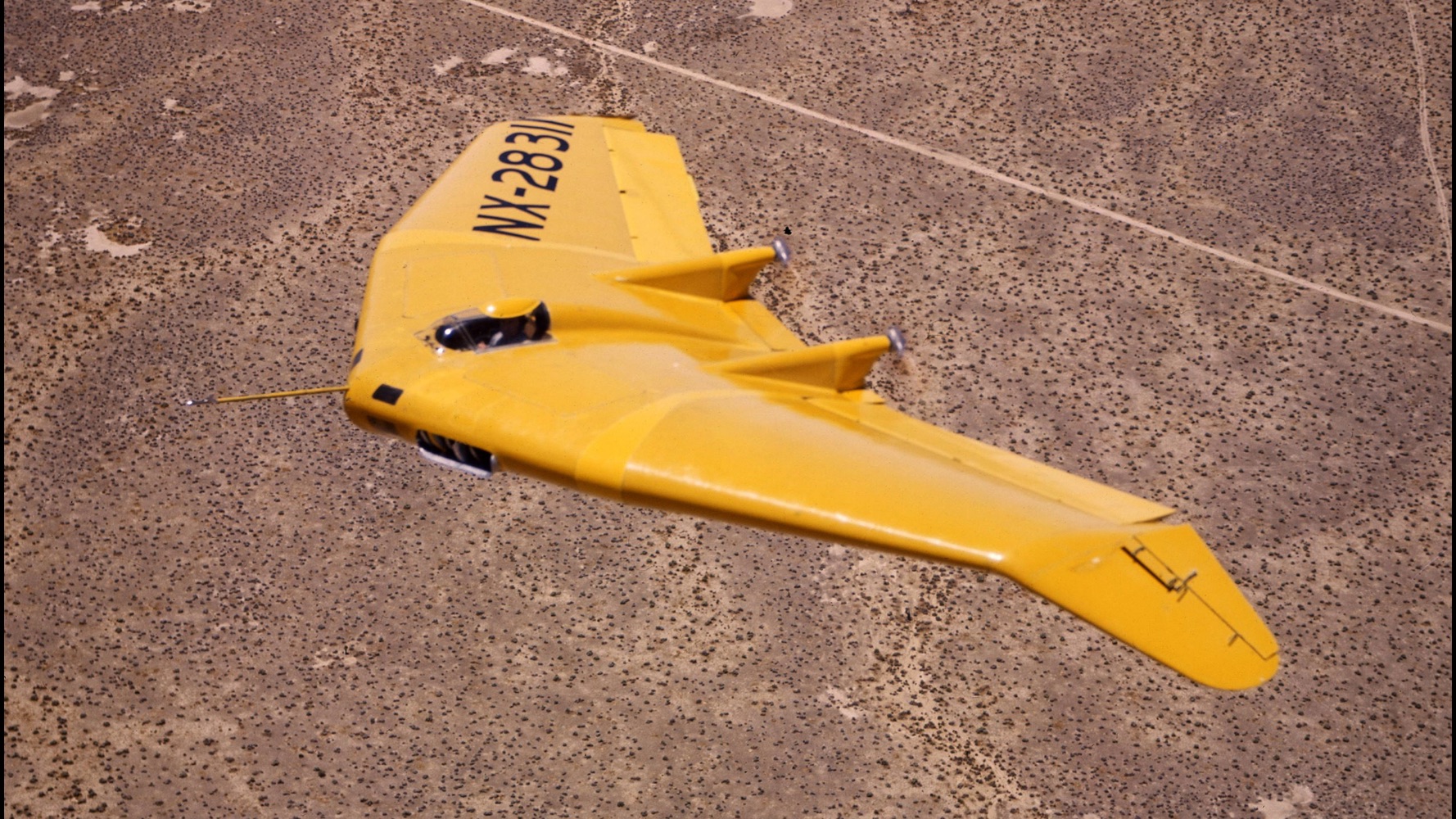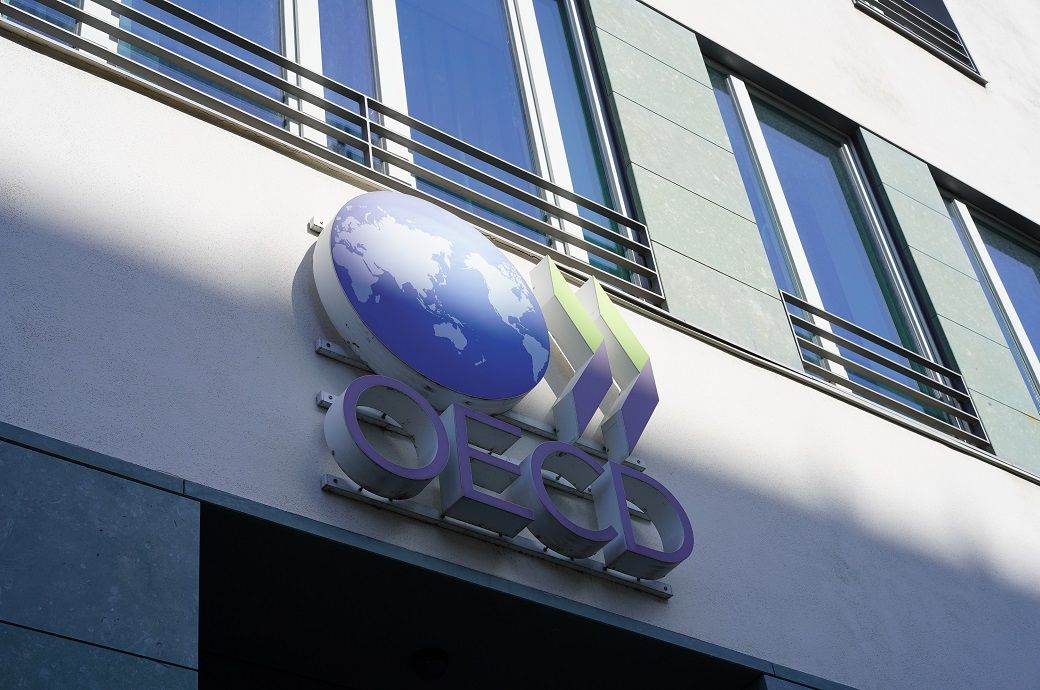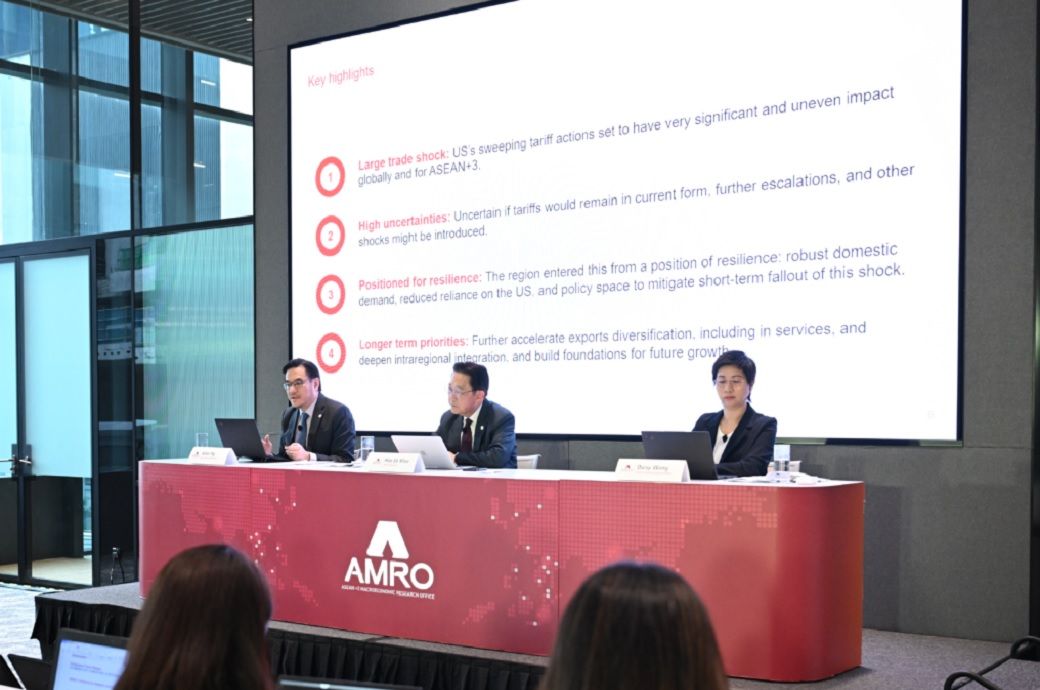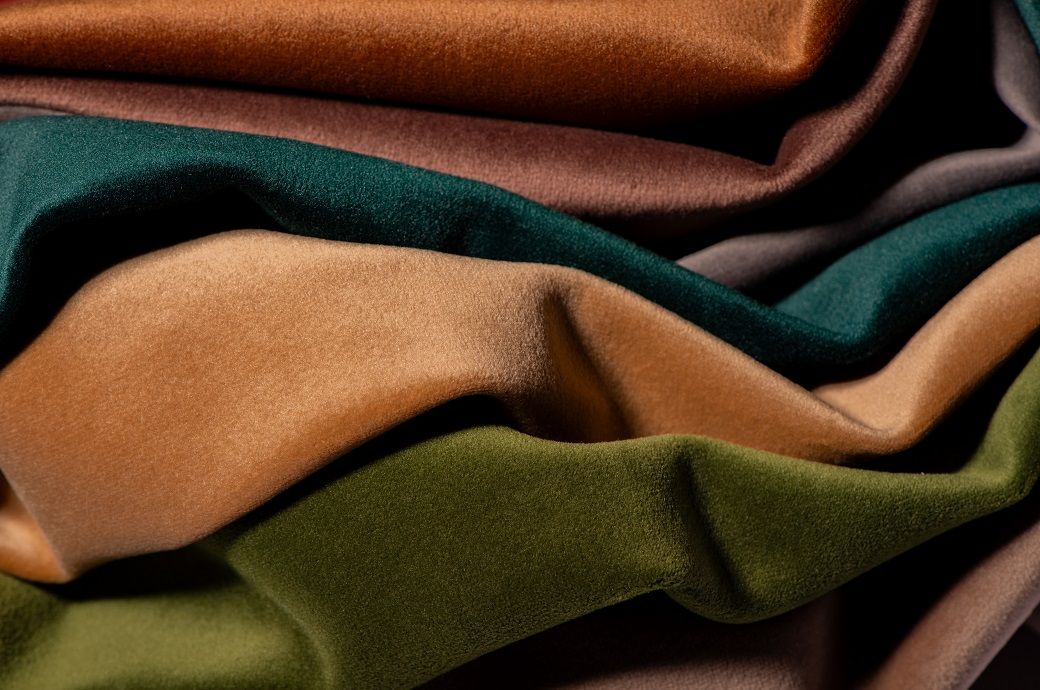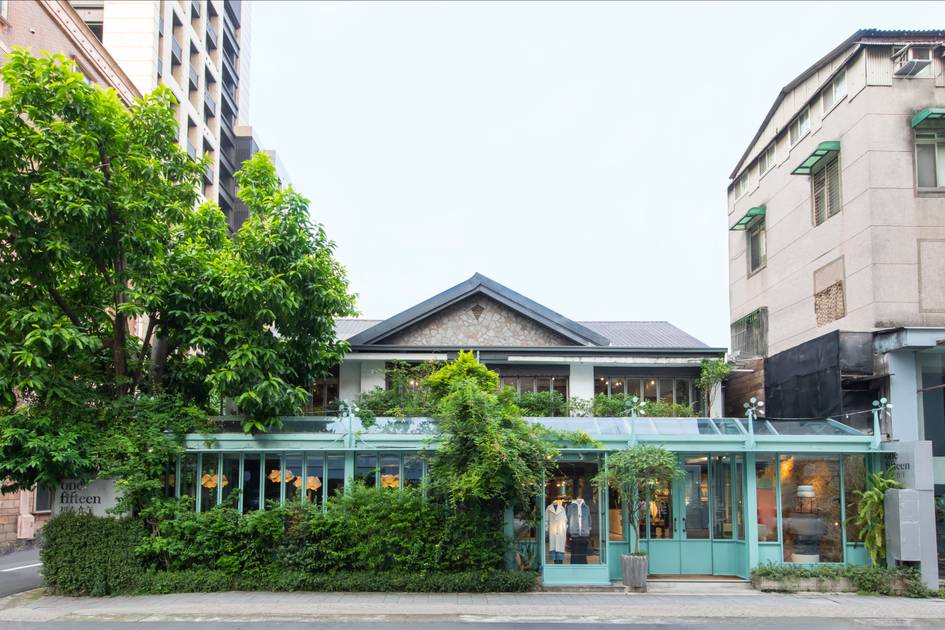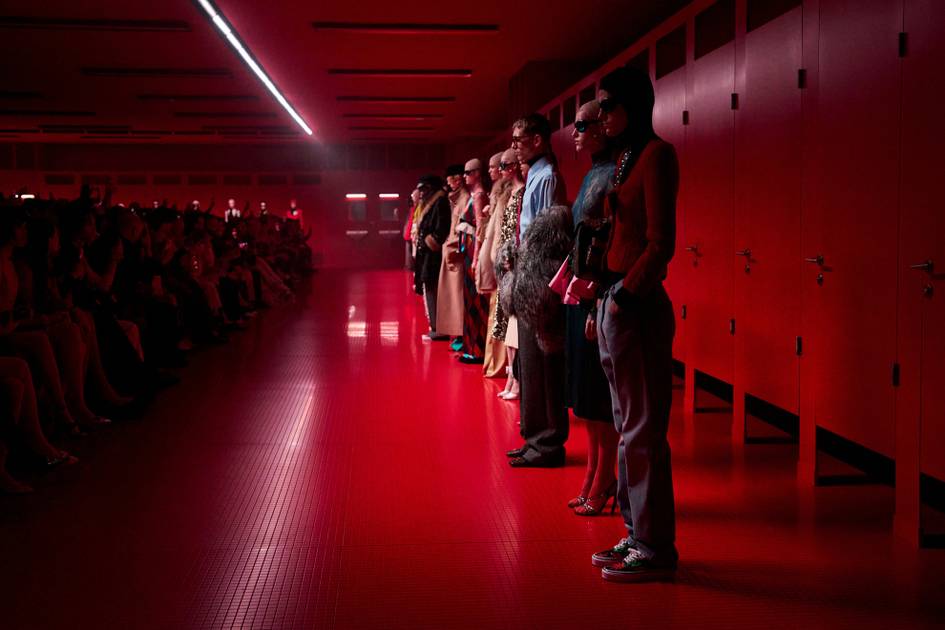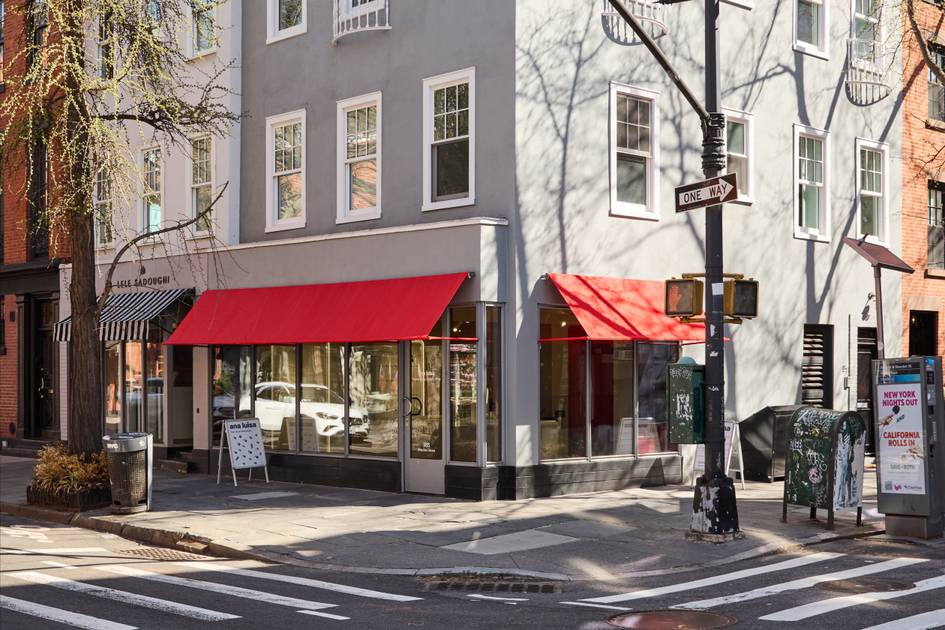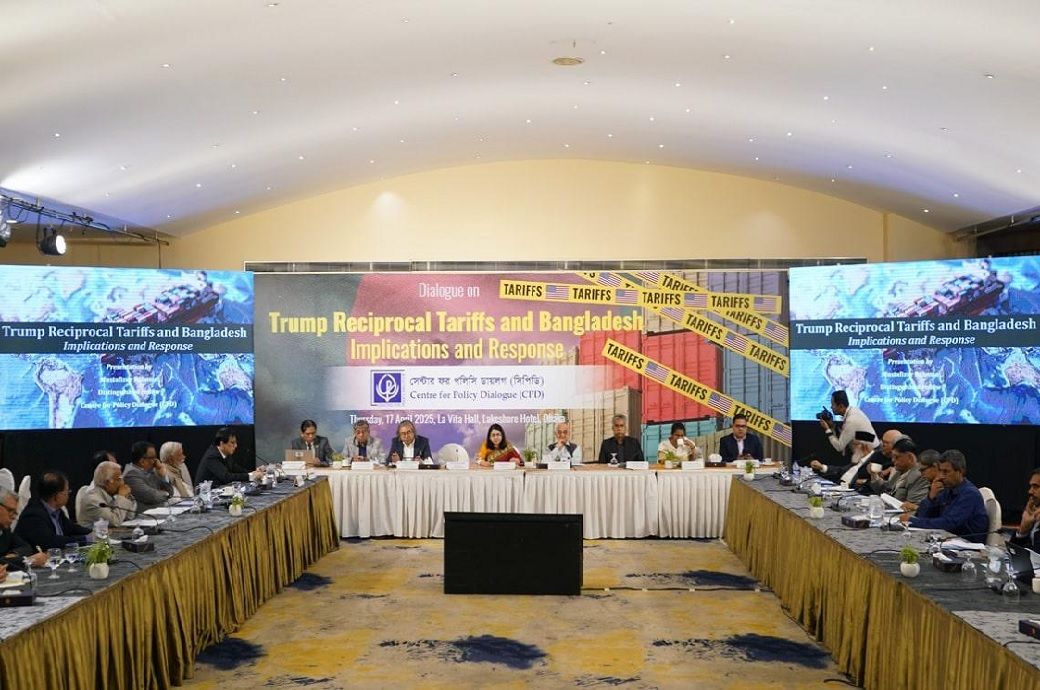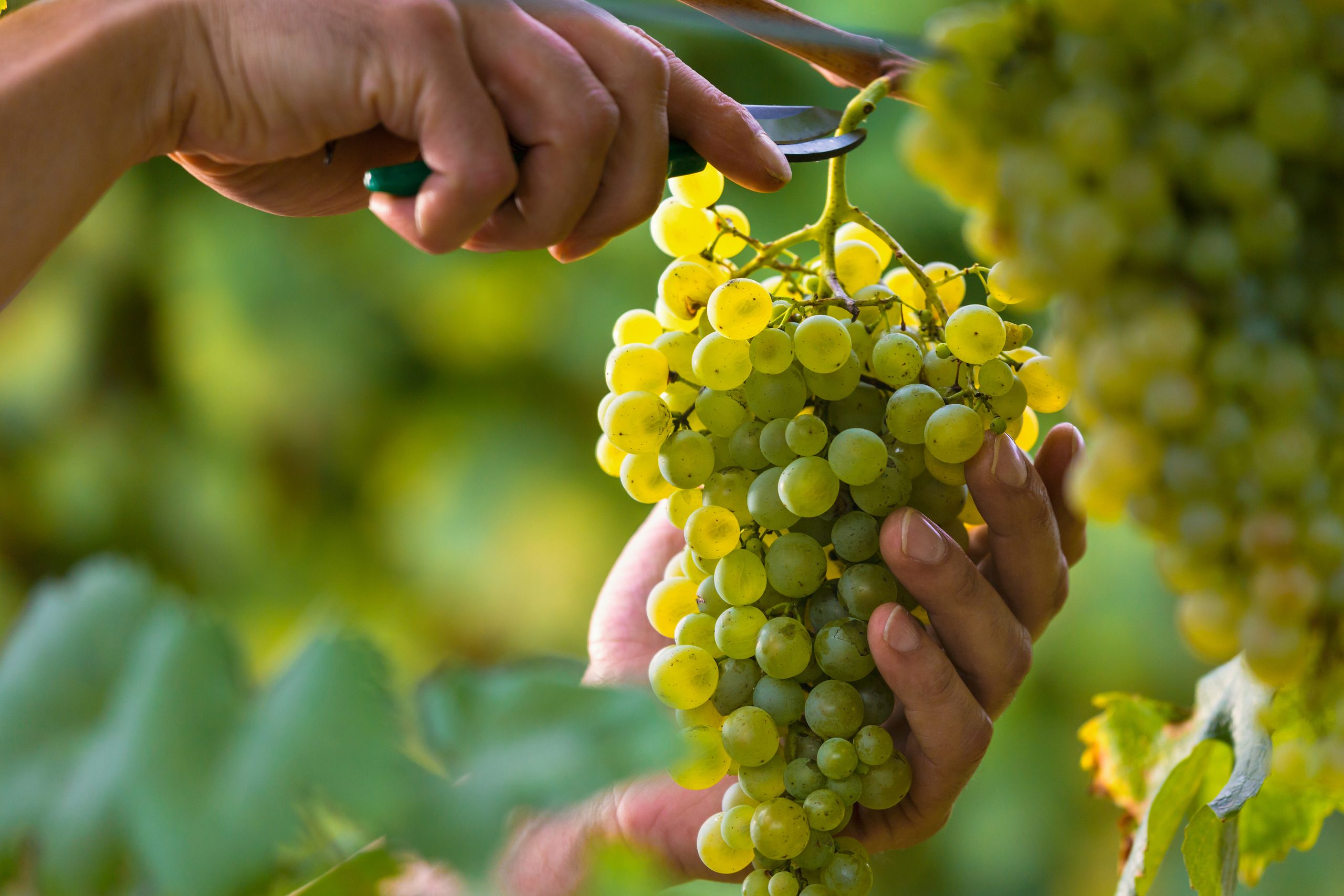Catena Zapata debuts verjus-driven no and low wine
The Argentine wine giant launches premium no and low alcohol wines using innovative verjus methods, as the country begins to open the door to dealcoholisation technology. The post Catena Zapata debuts verjus-driven no and low wine appeared first on The Drinks Business.
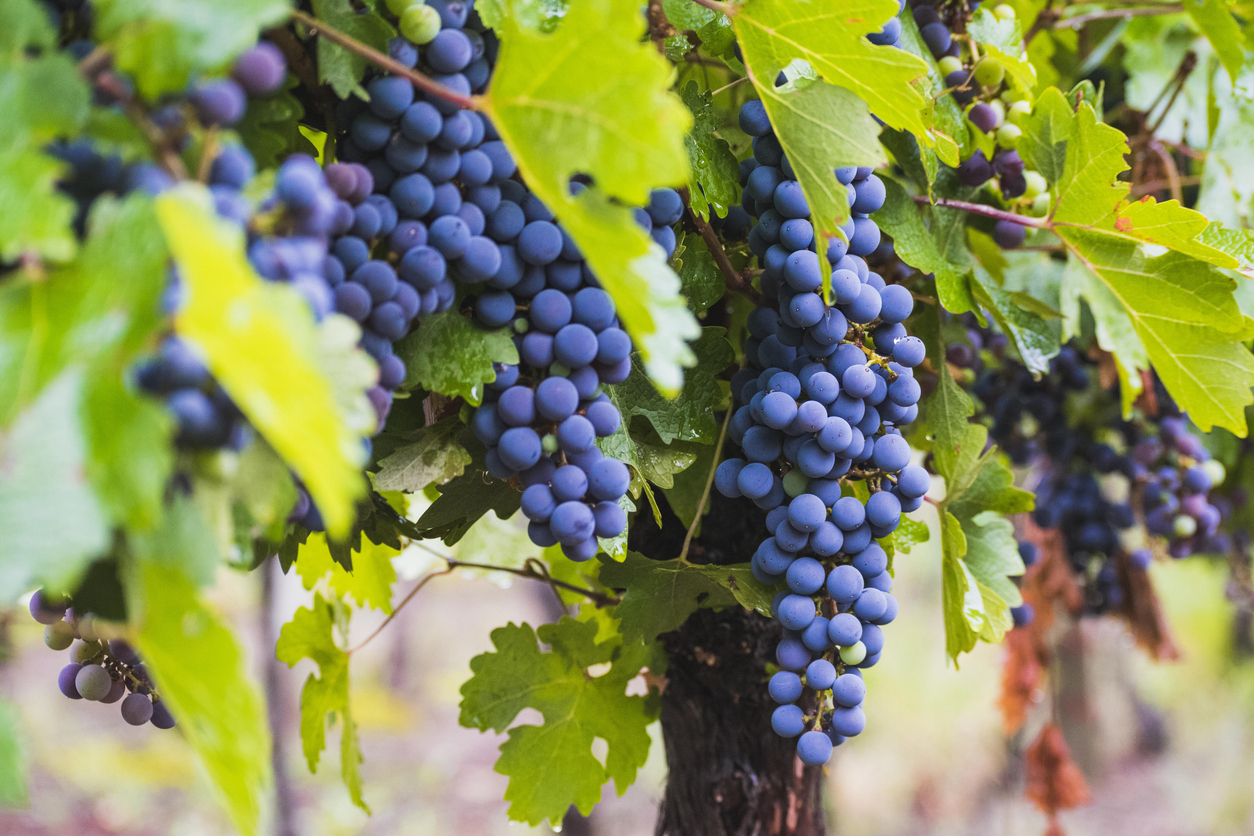
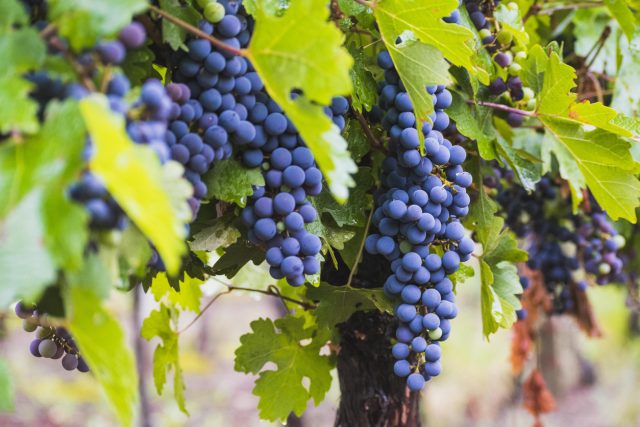 After two years of research, Catena Zapata is launching its first no and low alcohol wines, aiming for the premium market. Under the Domaine Elena de Mendoza label, the multi-generational winery in Argentina is introducing four products using an innovative verjus method to create no and low alcohol wines. The verjus, non-alcoholic juice made from unripe grapes, comes from premium Chardonnay grapes in the Uco Valley, Mendoza.
“We did many experiments within the Catena Institute and travelled to see the latest technology in Europe,” says Agustin Silva, winemaker and team lead for the no and low wines at Catena Institute. Experiments included changing harvest times, working with unfermented must and verjus, as well as infusing different botanicals. “It was a lot of trial and error until we arrived at something that was delicious — that was always our objective: making something that tasted good.”
After two years of research, Catena Zapata is launching its first no and low alcohol wines, aiming for the premium market. Under the Domaine Elena de Mendoza label, the multi-generational winery in Argentina is introducing four products using an innovative verjus method to create no and low alcohol wines. The verjus, non-alcoholic juice made from unripe grapes, comes from premium Chardonnay grapes in the Uco Valley, Mendoza.
“We did many experiments within the Catena Institute and travelled to see the latest technology in Europe,” says Agustin Silva, winemaker and team lead for the no and low wines at Catena Institute. Experiments included changing harvest times, working with unfermented must and verjus, as well as infusing different botanicals. “It was a lot of trial and error until we arrived at something that was delicious — that was always our objective: making something that tasted good.”


























